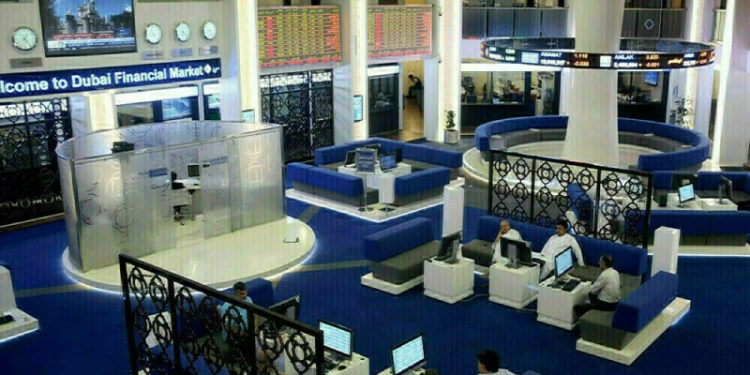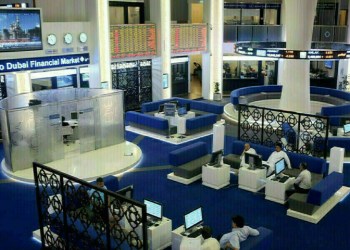By Yawen Chen and Elias Glenn
BEIJING (Reuters) – China’s non-financial outbound direct investment (ODI) slumped in January and its offshore property purchases plunged after authorities tightened restrictions on capital outflows to support the ailing yuan currency and ease pressure on the country’s foreign exchange reserves.
China’s non-financial ODI slid 35.7 percent in January to 53.27 billion yuan ($ 7.77 billion) — the weakest in 16 months — compared with the same period a year earlier, the Ministry of Commerce said on Thursday.
Chinese investment in offshore property – which has helped fuel sharp and often contentious home price rises from Vancouver to London – fell by an even sharper 84.3 percent.
Data earlier this month showed China’s foreign exchange reserves unexpectedly fell below the closely watched $ 3 trillion level in January for the first time in nearly six years. But the drop was less than expected, suggesting tighter regulatory controls are making some progress in slowing capital flight.
Following China’s moves to close loopholes on money leaving the country and step up checks on the types of overseas investment, ODI in December fell to $ 8.41 billion, down 39.4 percent on-year and the lowest monthly tally for 2016.
“Risk warnings from regulators and short-term controls have achieved results. Based on their own situation, domestic firms have been more orderly and rational in undertaking overseas direct investment,” China’s State Administration of Foreign Exchange (SAFE) said in a statement to Reuters last week.
Regulators have warned they will pay close attention to “irrational” overseas investment in property, entertainment, sports and other sectors.
“Although ODI dropped in January, the overall structure is improving,” said ministry of commerce spokesman Sun Jiwen.
In addition to the decline in property, investment in culture, sports, and entertainment industries fell 93.3 percent in January.
Showing authorities were indeed being more selective, investment in overseas manufacturing and information technology sectors bucked the trend, rising 79.4 percent and 33.1 percent, respectively. No absolute value figures were released by sector.
The government says it supports legitimate overseas investment, and that policies to support outbound investment will not change, though some officials have expressed concern about the rapid increase in overseas investment last year.
“(Regulators are also paying close attention to) hidden risks in overseas investments. . . Related firms should be prudent,” the SAFE statement said.
At least three regulators in the last month have strengthened oversight of outbound investment or warned against reckless foreign investment.
Large companies such as Fosun, China’s largest private conglomerate, say that new restrictions will not impact their investment plans because they already have sufficient funds overseas.
But several overseas deals by Chinese firms have been canceled or delayed in recent months after being unable to get approval from Chinese regulators.
A Chinese investment group’s deal to purchase Italian soccer club AC Milan has been postponed to March 3 after struggling to get approval and funding, and copper-processing firm Anhui Xinke New Materials in December withdrew its bid to buy a controlling stake in a Hollywood studio.
Outbound investment rose to $ 170.1 billion in 2016, up 44.1 percent from 2015, and a commerce industry spokesman said in December that it was likely to increase again in 2017.
Economists expect more forceful policing of existing regulatory controls after the latest slide in FX reserves, though China’s financial system is notoriously porous, with speculators quickly able to find new channels to get funds out of the country.
“I think the impact (of capital controls) is probably limited. It will probably stem outflows for a few months but over the long-term with the Chinese economic fundamentals still poor there is still a great desire for people to try to bring their money out,” said Chua Han Teng, senior analyst at Fitch’s BMI Research in Singapore.
“Therefore in the long term it seems like outflows are likely to persist.”
FOREIGN INVESTMENT IN CHINA ALSO FALLS
Foreign direct investment (FDI) into China also fell in January, dropping 9.2 percent on-year to 80.1 billion yuan ($ 11.68 billion), the ministry said.
Commerce ministry spokesman Sun Jiwen said the decline in FDI was mainly due to a high base last year and the long Lunar New Year holiday falling earlier this year.
Last year, FDI into China increased 4.1 percent to 813.22 billion yuan, while December FDI rose 5.7 percent to 81.42 billion yuan.
(Reporting by Yawen Chen and Elias Glenn; Editing by Sam Holmes and Kim Coghill)



























